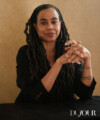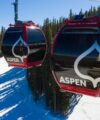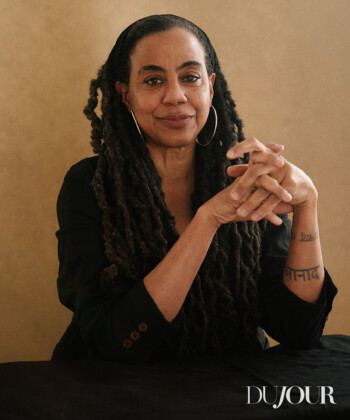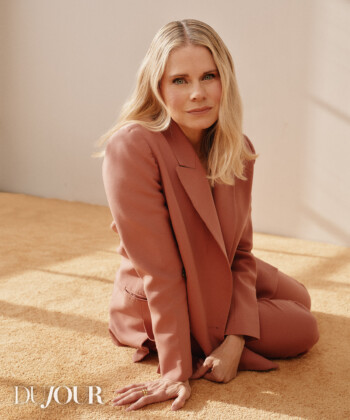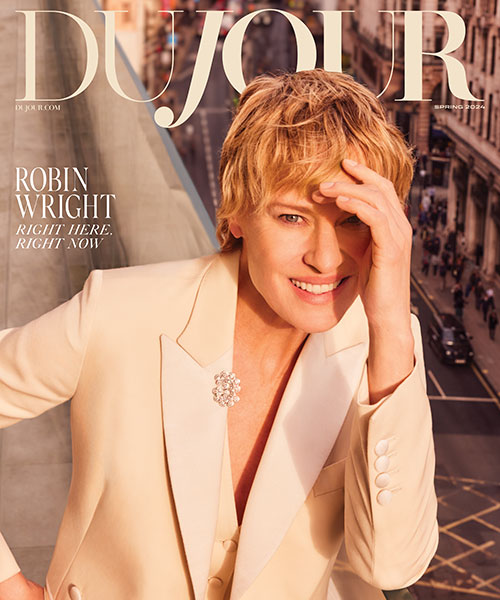“Your shirt has one of my song titles on it,” Chris Carrabba says, looking at me from behind dark sunglasses. The words “No News Is Bad News” is coincidentally written across my shirt and I have a feeling that the frontman and lyricist of Dashboard Confessional is somewhat used to these types of situations. Carrabba has seen his lyrics tattooed onto fan’s bodies, posted as Away Messages during the years of AOL, and now, on a shirt sitting in front of him.
The tattooed singer is soft-spoken and careful as he eloquently discusses his music. It feels like calling what Dashboard Confessional has created over the last two decades “music” is somewhat of an understatement. Personally, Dashboard Confessional provided me with the soundtrack for my angst-ridden, prepubescent, and most emotional years, and even today, I morph back into a 15-year-old converse-wearing, black eyeliner clad girl when I hear “Vindicated.”
19 years after Dashboard’s debut album The Swiss Army Romance was released, featuring iconic songs like “Screaming Infidelities” and “Again I Go Unnoticed,” Carrabba decided to revisit three of his most personal albums. The trilogy of albums that Carrabba re-recorded and self-released this summer were 2003’s A Mark, a Mission, a Brand, a Scar, 2006’s Dusk And Summer, and 2009’s Alter The Ending. “I wanted a chance to express myself with my original intention,” Carrabba says of his decision to re-record his records.
After stumbling upon his original lyrics for his song “Alter The Ending” and reliving the moment when he was encouraged to jettison the actual phrase “alter the ending” from the song, Carrabba realized how much he liked his version. “I thought I couldn’t go back and redo it. But then I realized that I actually can. have a microphone and a guitar,” he says. I can’t help but wonder how Carrabba’s fanbase will react to the lyrics they’ve grown so attached to being changed. “I didn’t cancel the record they have already. I have this relationship with my audience where I try to speak honestly to them through song,” Carrabba explains. “I actually struggle with the opposite, that maybe I already let them down and they just didn’t know it,” he adds, referring to the fact that he was encouraged to edit his lyrics in the past and conceded.
While Dashboard’s listeners have seemingly embraced Carrabba’s re-imagined versions of the three albums, the process did not happen without some struggle. “It was a difficult time,” Carrabba says. “I think that Dusk and Summer was the toughest one. Finding the original lyrics to songs and the emotional impact of that was pretty heavy. It was cathartic but difficult.” Throughout the experience, Carrabba was tasked with unpacking and unloading moments from his past that were life-changing. He didn’t tell anyone he was taking this project on to avoid disappointing anyone if the emotional gravity got the best of him. “Some days were cathartic and some days I had to walk away for a bit,” he says.
Three bodies of work, each filled with specific memories and stories of romance, heartbreak, regret, and joy. I ask Carrabba which song stands out the most to him. “On Dusk and Summer, the song “Dusk and Summer.” I wrote the song and was encouraged to change the lyrics from a first-person narrative to third-person,” Carrabba says. “I have been struggling with that song for a long time because I had been cast in a story as opposed to it being my real experience.” When I prompt the tattooed singer in front of me about what the song was about, he lowers his head and takes his time to respond.
“My girlfriend knew she was going to die and we didn’t have a lot of time together. It was a testament to her graciousness where she carried herself through that. She comforted all of us the whole time and you’d think it’d be the other way around and we attempted to but that wasn’t who she was. She didn’t need comfort. She was somebody who wanted to comfort other people and she accepted her prognosis and she went about making the best of not only the time she had left but, we had the best time together.”
Being told that your real life story needs to be rewritten so it is more digestible for a listener is something that Carrabba will carry with him forever, but at least now the song “Dusk and Summer” has been re-recorded the way it was meant to be received–in Carrabba’s words.
After a summer of festival appearances, Chris Carrabba is venturing out on a headlining tour in celebration of his three re-recorded albums and 20 years of Dashboard Confessional.



